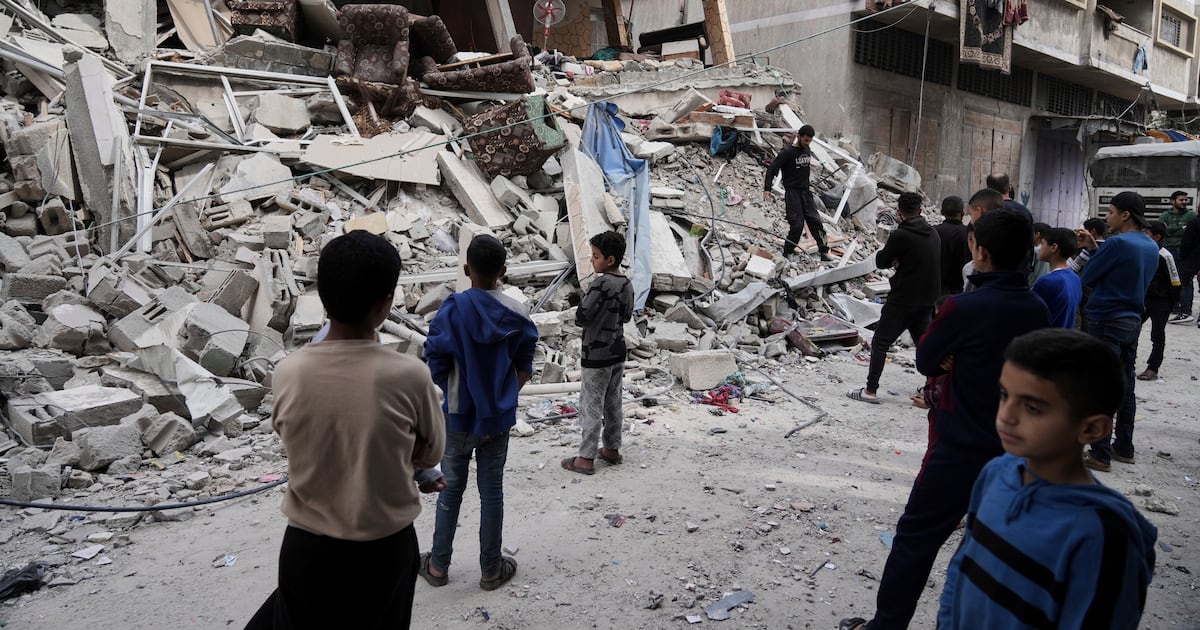Devastating Toll: Gaza Health Ministry Reveals 51 New Fatalities in Israeli Strikes, Death Count Surpasses 52,000

In a devastating update from the Gaza Strip, hospitals continue to bear witness to the mounting human toll of the prolonged conflict between Israel and Hamas. On Sunday, medical facilities received the remains of 51 Palestinians who were killed in Israeli airstrikes within the past 24 hours, according to the local Health Ministry.
The grim statistics reveal the ongoing humanitarian crisis, with the Palestinian death toll now reaching a staggering 52,243 since the conflict began 18 months ago. The continuous cycle of violence continues to exact a heavy price on civilian populations, leaving communities in mourning and healthcare systems overwhelmed.
The scene in Deir al-Balah reflects the harsh realities of a conflict that has shown no signs of abating, with each passing day bringing more loss of life and deepening the humanitarian emergency in the region. As hospitals struggle to cope with the influx of casualties, the international community remains increasingly concerned about the human cost of this protracted conflict.
